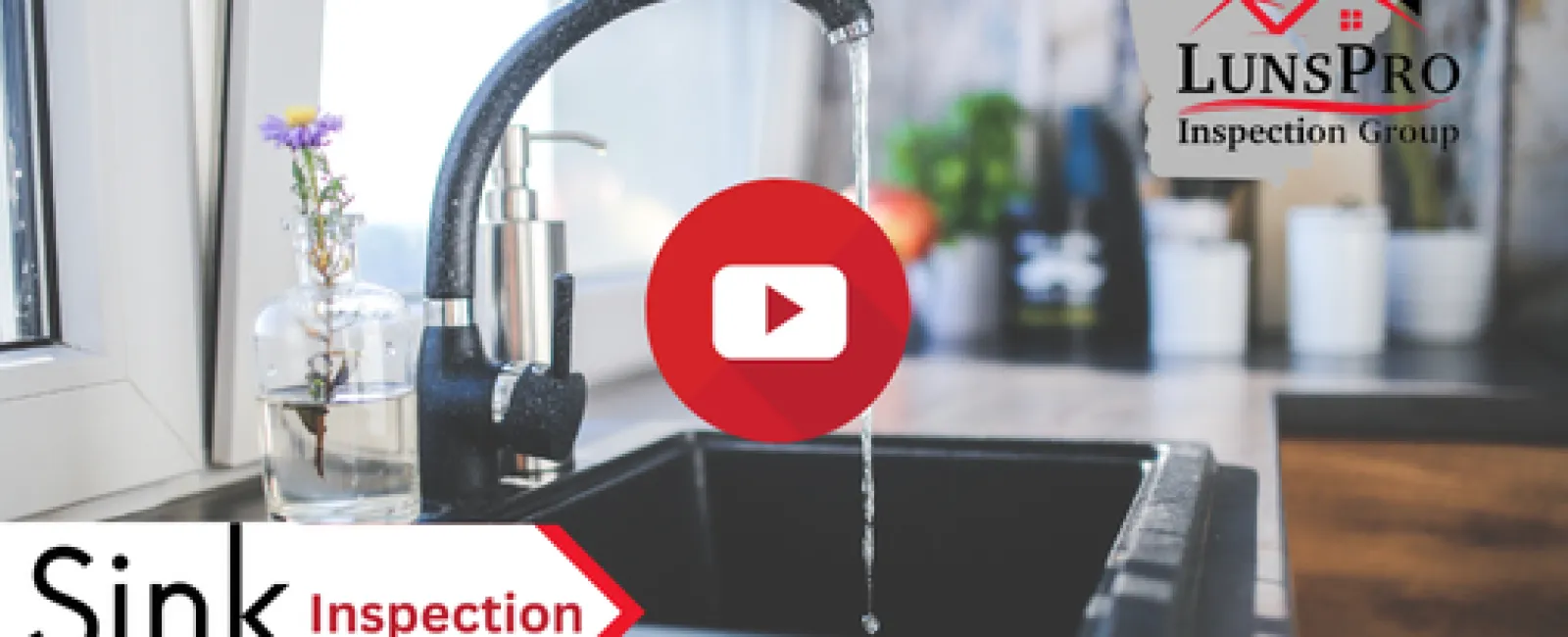A thorough sink inspection is essential to identify and
address potential issues, especially with a leaking faucet and an unsealed countertop
gap. A leaking faucet can lead to water wastage, increased utility bills, and,
more importantly, water damage to surrounding areas, cabinetry, and flooring.
If left unaddressed, the water can seep into the structure, causing rot,
weakening the foundation, and creating an environment conducive to mold growth,
posing health risks to occupants. Ashi-Certified Inspector, Matt D. provides a superior example of what to watch for while inspecting a sink.
Additionally, the gap in the unsealed countertop can allow water to seep underneath, potentially causing damage to the supporting materials, and creating a breeding ground for mold and mildew. Mold growth can spread rapidly and affect indoor air quality, leading to respiratory issues and allergies.
Regular sink inspections can catch these problems early,
preventing costly repairs and mitigating potential health hazards. Properly
sealing the countertop gap and fixing the leaking faucet are essential measures
to safeguard the structural integrity of the sink area and maintain a healthy
living environment for homeowners. It is crucial to engage a professional
plumber or contractor to address these issues promptly and ensure the sink area
remains functional and free from water-related damage and mold growth.

